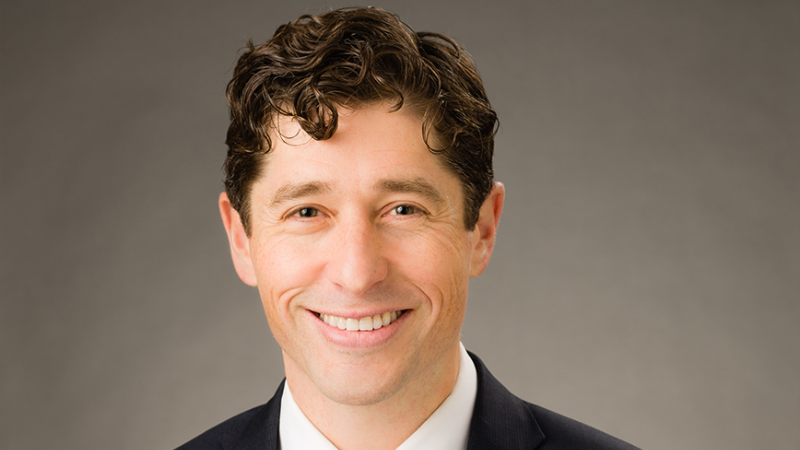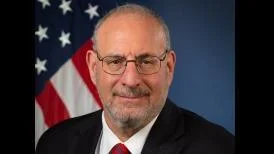Mayor Jacob Frey | Mayor Jacob Frey Official website
Mayor Jacob Frey | Mayor Jacob Frey Official website
May is Mental Health Awareness Month. It’s a time for us all to remember that taking care of our mental health is just as important as taking care of our physical health.
To bring awareness of mental health as a public health issue and to help reduce stigma around mental health, many of the city’s landmarks and buildings will light up green on Thursday, May 4 and Friday, May 5.
May 4
- I-35W Bridge.
- Capella Tower.
- Four Seasons Hotel Minneapolis.
- IDS Center.
- Lowry Avenue Bridge.
- Nicollet Mall.
- Target Corp.
- Target Field.
- US Bancorp Center.
- U.S. Bank Stadium.
- Washington Square.
Proclamation
Mayor Frey’s proclamation recognizes that together, we can realize our shared vision of a city where anyone, especially young people affected by mental illness can get the appropriate support and quality of care to live healthy, fulfilling lives.
Reducing the stigma around mental health conditions
The City of Minneapolis recognizes that social, cultural and historical factors often disproportionately impact the mental health of people in communities that have traditionally been marginalized.
This is especially true for people in Black, Indigenous, Latinx, Asian and other communities of color due to compounding stress and trauma from systemic oppression and racial injustice, which leads to a mental health burden that is deeper than what others may face.
During the month of May and year-round, the Minneapolis Health Department is committed to making sure people do not feel shame if they are struggling. The department is prioritizing youth mental health by promoting:
- Self-care.
- Seeking support.
- Supporting each other.
The number of adolescents struggling with their mental health is increasing, according to the Centers for Disease Control (CDC).
- One in six youth experience a mental health condition each year, but only half receive treatment.
- Black students are more likely to attempt suicide than students of other races and ethnicities.
- According to the 2022 Minnesota Student Survey:
- Students across our state report greater struggles with mental health, including depression and anxiety.
- LGBTQ+ students are three times more likely to report seriously considering suicide and four times more likely to attempt suicide than heterosexual students.
Minneapolis School Based Clinics offer a range of mental health services for students. Students self-refer or are referred by staff, parents, or administrators.
Typical mental health challenges for students include:
- Depression.
- Anxiety.
- Stress.
- Family and relationship issues.
- Academic issues.
Mental health resources
People in crisis and seeking help for mental wellness, and their loved ones, are not alone.
- Minnesota warmline: a safe, anonymous and confidential way to connect with people.
1-877-404-3190 or text “Support” to 85511 noon to 10 p.m. Monday-Saturday.
- National Alliance on Mental Illness (NAMI): help finding resources for those with and without insurance. 1-888-NAMI-HELPS or 1-888-626-4435.
- CRISIS text line: a free, 24/7 phone line for those experiencing a mental health crisis.
Adult services: 612-596-1223.
Child services: 612-348-2233.
Mobile phone: **CRISIS (274747) or text “MN” to 741741.
- 988 Suicide and Crisis Lifeline.
- Behavioral health crisis.
- Mental health support.
Minneapolis Health Department programs and partnerships support Minneapolis residents’ mental health through services such as:
- Healthy Living and the High-Rise Health Alliance: behavioral help and improving mental wellbeing for more than 5,000 public housing residents.
- Contracts with community-based organizations for projects focusing on:
- Promoting social connectedness.
- Reducing social isolation.
- Increasing cultural connection.
- Addressing trauma.
- Promoting community resilience and healing.
- School-based clinics providing mental health support to students.
- The Community Health Improvement Partnership with Hennepin County addressing community mental well-being, trauma and healing, and addressing housing stability through increased social connectedness.
- Mobile behavioral crisis responders dispatched through 911 to emergency mental health situations (City program).
Follow the Minneapolis Health Department on Facebook and Twitter throughout the month for mental health resources and events taking place in the city.
Original source can be found here.





 Alerts Sign-up
Alerts Sign-up